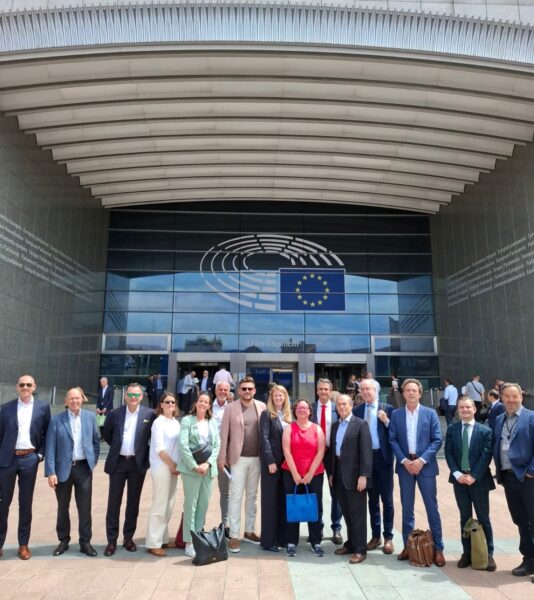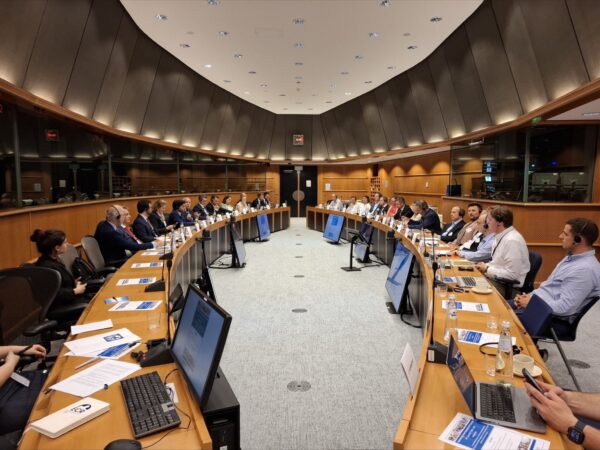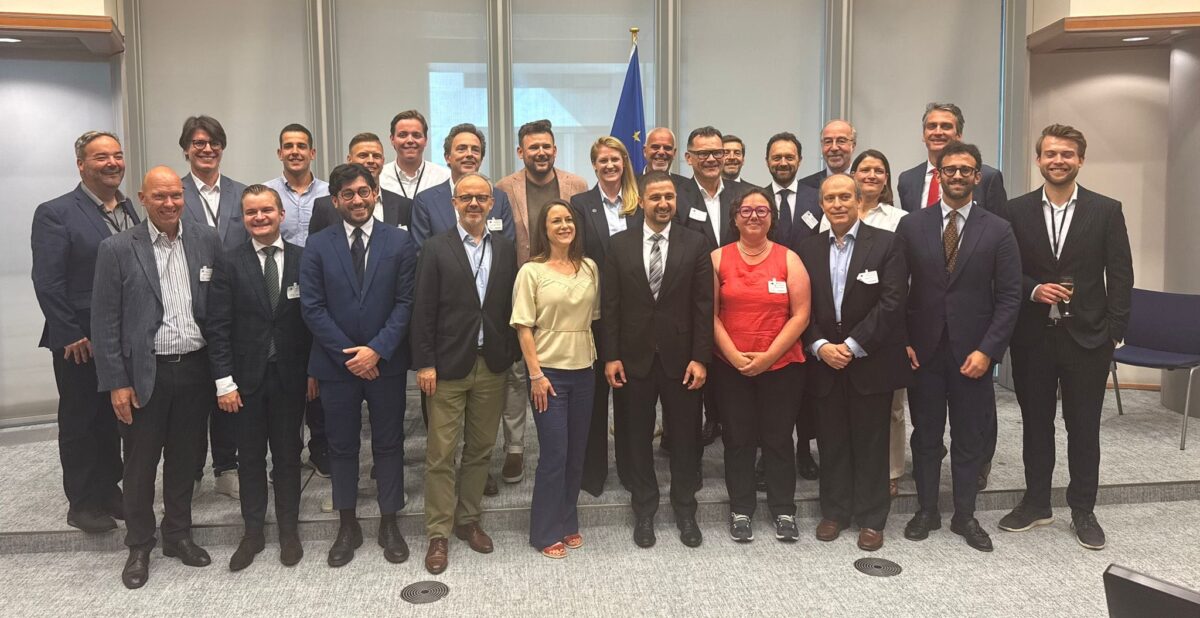Articles
European Parliamentarians and Cold Chain Leaders Shine Spotlight on Food Supply Chain Resilience
In a European Parliamentary roundtable in Brussels on June 25th, the Global Cold Chain Alliance (GCCA) urged leaders to recognise the importance of investment in temperature-controlled logistics for the resilience of Europe’s food supply chain.
As the global voice of temperature-controlled logistics, GCCA convened leaders of Europe’s cold chain with Members of the European Parliament to discuss food supply chain resilience for Europe.
The talks came as the European Parliament develops a new EU Preparedness Union Strategy, which aims to enhance Europe’s resilience and crisis management capabilities and includes plans for a Europe-wide approach to stockpiling food.
GCCA Director for Europe Julie Hanson said: “Recent geopolitical, economic, health and extreme weather crises have highlighted the vulnerabilities of Europe’s food supply chain, and we should expect major disruptions of this type to increase in severity and frequency over the coming decades. Often overlooked, cold storage and refrigerated transportation are central to Europe’s food supply chain resilience. EU policy must support and incentivise investment into the facilities, vehicles, resources and skills that the cold chain needs for today and for the future. We were pleased to help facilitate such an important conversation, and I thank Adrian-George Axinia MEP and his colleagues for their important contributions.”
The roundtable was hosted by Adrian-George Axinia MEP (Romania), with contributions also from Daniel Buda MEP (Romania), Maria Georgiana Teodorescu MEP (Romania), Sander Smit MEP (The Netherlands), Piotr Muller MEP (Poland), and Gheorghe Piperea (Romania). Industry leaders in attendance included representatives from GCCA, from the European Cold Storage and Logistics Association and a number of national cold chain associations, and from Europe’s major temperature-controlled logistics businesses, including Americold, DP World, Gdansk Cold Store, Group GTS, Jodifrost, Port of Antwerp Bruges and Thermotraffic.
Axinia noted: “Tackling vulnerabilities revealed by recent crises is our key priority during the current legislature. We can reach optimal results through dialogue and negotiations. This house has shown engagement in strengthening cold chain resilience in post-pandemic years. This is why taking initiative to foster collaboration and promote stronger legislation is one of my top concerns. We have to make sure any new crisis will have an immediate and efficient response. Research, innovation and skills development have proven over the years to be successful paths to future solid foundations for better crisis response and management. Current economic challenges are lessons we should carefully acknowledge so that recovery and resilience occur based on well-implemented mechanisms.”
Key challenges discussed during the roundtable included:
- Why cold chain should be considered as critical infrastructure and why cold chain professionals must be recognised as key workers, especially in crisis planning
- The opportunities to remove barriers to investment that will increase supply chain capacity, upgrade existing infrastructure and make the European food supply chain more resilient
- The vital role of secure and free-flowing trade within the EU and with the world outside Europe
- The incentives necessary to accelerate innovation, from energy generation and efficiency to automation and leading-edge equipment
In 2024, a coalition of cold chain representatives set out a ‘Call to Action’ stating that businesses across Europe are able and ready to play their crucial role in delivering food security, and challenging policymakers to support businesses in providing food supply chain resilience.



Published Date
July 1, 2025
